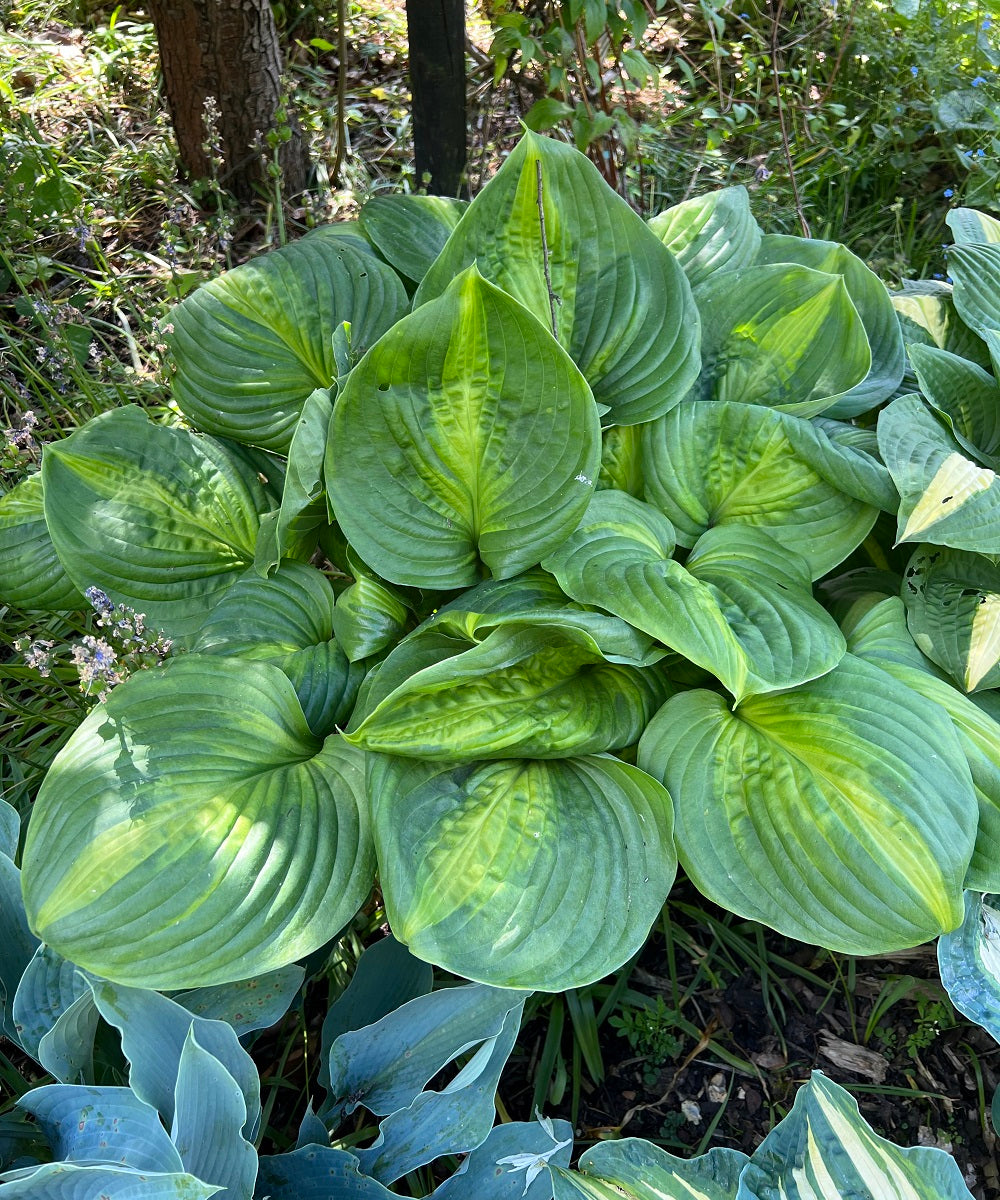
Hostas are known for their lush foliage and adaptability in shaded gardens. Unfortunately, they are also known for attracting deer, which see these beautiful plants as a tasty snack. If you're tired of finding your hostas nibbled down by wildlife, don’t despair. There are ways to minimise deer damage and even hosta varieties that are more resistant to deer. In this blog, we’ll explore which hostas deer tend to avoid and share some effective strategies to protect your garden.
Before diving into solutions, it’s essential to understand why deer love hostas. Deer are herbivores that primarily feed on plants with tender leaves. Hostas, with their juicy, soft foliage, are irresistible to them, especially in spring and early summer when new shoots emerge. While no plant is entirely "deer-proof," some hosta varieties are less appealing due to their texture or scent.
Certain hosta varieties are less likely to be eaten by deer due to their tough, leathery leaves or bitterness. While these varieties may not offer complete immunity, they are generally less palatable to deer. Consider planting these in areas where deer are frequent visitors:
While these hostas may not completely repel deer, they’re a good option if you’re looking to deter them naturally.
The most effective way to protect your hostas from deer is by physically blocking access to your garden. Here are some options:

If fencing isn’t an option, deer repellents are another effective way to keep wildlife away. Organic and chemical repellents work by using odours or tastes that deer dislike. Here are some common deer-repellent methods:
Deer are opportunistic eaters, so creating a buffer zone with plants they dislike can help protect your hostas. Consider surrounding your garden with plants that deer tend to avoid, such as:
By creating a border of less palatable plants, you can make it more difficult for deer to access your prized hostas.
Deer are easily startled, so using motion-activated devices like sprinklers or lights can scare them away before they get too close to your hostas. These devices activate when they detect movement, giving deer a quick, harmless scare that often deters them from returning.
A diverse garden can confuse deer, making it more difficult for them to zero in on your hostas. Instead of planting large swaths of hostas, mix them with other deer-resistant plants like ornamental grasses, ferns, or spiky plants like holly. Deer are less likely to graze heavily in gardens where their favourite plants are hard to find.
While deer may love to munch on hostas, there are numerous ways to protect your plants. From choosing deer-resistant varieties and using physical barriers to applying repellents and installing motion-activated devices, there are effective solutions for every garden. By taking a multi-faceted approach, you can enjoy beautiful, intact hostas without having to worry about wildlife damage.
For more gardening tips and advice, subscribe to our newsletter or visit our nursery to explore our wide selection of hostas, including deer-resistant varieties!